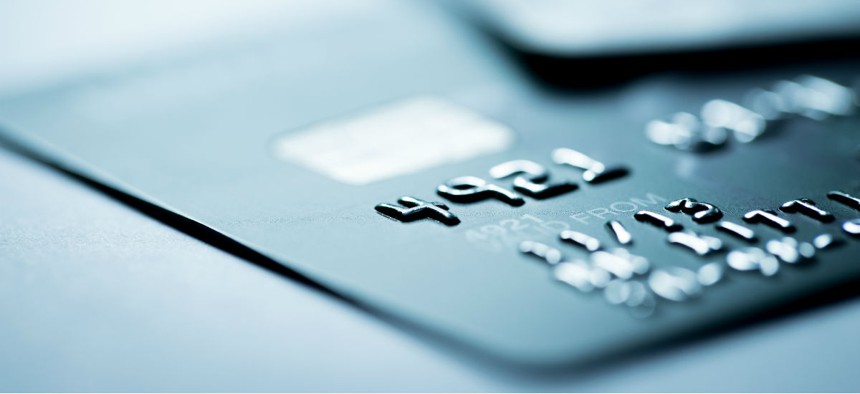
By alice-photo / Shutterstock.com
Multi-Agency Review Finds No Examples of Fraudulent Use of Government Charge Cards
Of 1,255 high-risk transactions, none involved illegal activity, report finds.
When investigators go digging into federal agencies’ use of government charge cards, they often find illegal expenditures at bowling alleys, restaurants or even casinos.
But when inspectors general recently conducted a large-scale, 20-agency review of 1,255 “high-risk transactions,” they found no examples of “potentially illegal, improper, or erroneous transactions.” The inspectors general, in coordination with the Council of Inspectors General on Integrity and Efficiency, collectively identified 501 examples of purchases that were not in compliance with federal laws and regulations and recommended increased oversight to ensure fraudulent behavior does not occur in the future.
Earlier crackdowns, including increased reporting requirements and training, have already led to improved outcomes, the IGs said.
Employees generally use their charge cards for micro-purchases, which currently is those less than $3,500. Many of the purchases that were not in compliance with applicable laws sought to avoid that threshold by breaking up the purchases into multiple transactions, which is prohibited. Other potential violations stemmed from taxed transactions or purchases from unauthorized merchants, prohibited categories or questionable categories.
Federal workers using their charge cards are not permitted to pay state and local taxes, including sales taxes. The IGs identified many transactions in which employees may have improperly paid the tax anyway. By making purchases from unauthorized merchants, employees may be losing out on savings made available through negotiated contracts with specific vendors.
The IGs found 277 examples of purchases from blocked merchant categories, which they noted could include bowling alleys, restaurants and other businesses. Employees can use their government cards at those establishments with proper approval, but failed to do so in those cases. The IGs did not find any specific violations, however.
The Office of Management and Budget updated its Circular A-123 in 2009 to reduce the risk of government charge card fraud and abuse. In 2012, President Obama signed into law the Government Charge Card Abuse Prevention Act to require agency heads to establish internal controls and to boost the IGs' role in overseeing the use of the cards.
The IGs advised OMB to remind agencies of their responsibilities under the existing laws and rules. They called on agency leaders to “to improve controls such as training, policies and procedures, separation of duties, and supervisory reviews to mitigate risks from potentially illegal, improper, or erroneous transactions.”







